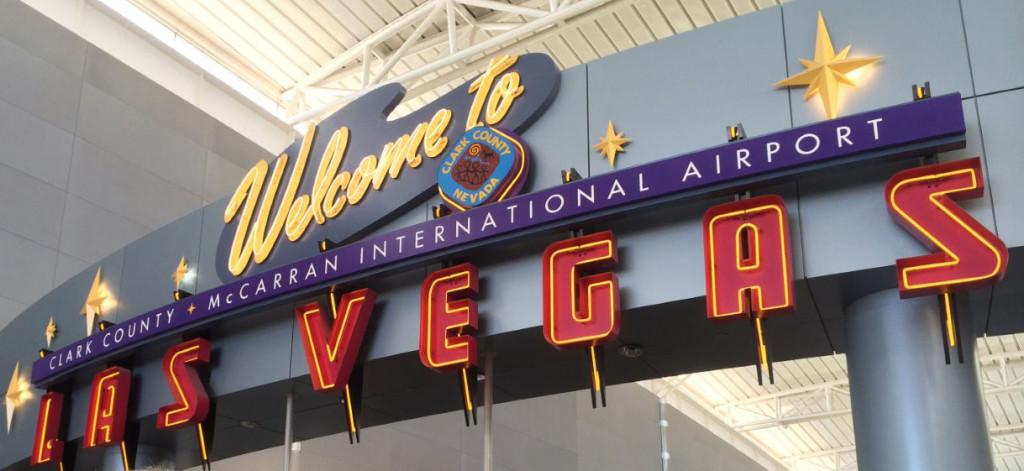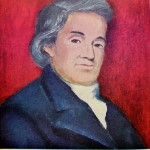Timing is interesting. Just before our meeting at Barnes and Noble was to begin, my writers’ group was interrupted by an adorable boy who was obviously young enough to be an elementary school student, maybe about seven years old. He held his arms straight down at his sides as he stood tall and still, almost at attention, just outside our circle of chairs. Adorned in a dark-colored dress shirt and slacks, he looked like a miniature version of a suit and tie guy on business casual Friday. This young entrepreneur didn’t waste time on pleasantries or even smiling. He had a very serious look upon his face as he spoke clearly and loudly. I listened as he rushed through a well-practiced, robotic-sounding speech and asked us to donate five dollars for a Mrs. Fields cookie. The money would help him travel from Michigan to Washington, D.C. where he would visit the nation’s capital with his school.
Despite the formality, he was cute as could be. I compared him to my own boys, now young men, who used to get dressed up (at my insistence) for church and significant occasions. Neat and tidy, clean and respectable, he was dressed for success. The innocent youthfulness of this child was persuasive enough to cause several of us to waver as we tried to determine if we had any cash on hand. One verbally acknowledged what some of the rest were thinking: five dollars for one cookie was a lot (unless it happened to be really big).
That’s when a young adult woman stepped forward from a nearby aisle. I hadn’t noticed her until that moment, but it made sense that the boy wouldn’t have been there alone. She pulled a cookie out from the purse she was holding and restated the need for our help in sending the boy to DC with his class at school. Was she his older sister or his mother? I sized her up based upon her appearance, her voice, her request. The two didn’t really look very much alike. I remembered that my own children didn’t go to our nation’s capital with their school until they were in eighth grade.
Her intrusion into the exchange had made me uncomfortable. Because she was hiding the cookies, I was confident that the bookstore management didn’t know the two were working their way through its customers. I wasn’t sure if the money would ever help that little boy. How would it really be used? Had this woman just engineered a very good way of soliciting? I wanted to ask questions of the pair and caution the other writers, but I felt like such a scrooge and I certainly didn’t want to appear like one.
I had a good reason to be skeptical. Years before, my husband and I helped a stranger at a service plaza along the Ohio Turnpike. The stranger claimed he had left his wallet behind as he rushed out from home to drive to a hospital where his daughter was giving birth to her first baby. He had run out of gas and needed money to fill his tank before he could continue the drive. I was at that rest stop long enough to witness the man hand over our $20 donation to a female companion, who then went shopping inside the plaza and came out with a newly purchased video to watch in their gas-tank-empty car as the not-so-much-in-a-hurry-anymore man continued to ransack the parking lot.
Based upon that experience, with the boy standing before me at the bookstore, suspicions flowed freely through my mind. I found an easy way to avoid the conflict going on between my cynical thoughts and my interest in helping the child reach his goal. Since I didn’t carry cash on me that night, there was no way I could have contributed to his trip even if I had become convinced of his sincerity. Instead, I sat and watched as several writers each traded their money for an over-priced cookie. The woman and boy left, and I felt relieved that the confrontation was over.
Two days later I left for Las Vegas, Nevada. Popular entertainers, including Britney Spears, Celine Dion, and Rod Stewart, commanded hundreds of dollars for good seating at their shows. Their performances took place inside richly ordained, tall and extravagant buildings set along streets lined with lowly panhandlers, who had positioned themselves (somewhat strategically) amidst bustling crowds. Bachelors out to party, girls on their nights out, married couples hoping to reconnect, singles looking for excitement, business professionals, mothers, fathers, families with children, and now I walked by the homeless.
First I saw a thin, unshaven, dirty man about my age, sitting on the edge of the sidewalk in his work clothes: a gray hoodie and jeans. The same clothes, I presume, he wore to sleep in. Video advertisements towered above us on the sides of The Mirage. The bold efforts to entice passersby to spend money were in sharp contrast to the small 10” x 12” cardboard sign this frail man held in one hand as a cigarette dangled from his rotten, tobacco stained teeth. My first reaction was to look away, but instead I stole a quick glance at what the sign said: “Need money for weed.” I’d been in Sin City before, but this was the first time I wondered whether a marketing exec had developed a new business plan for one of the locals. I couldn’t help but smile at the creative ploy. The man saw my expression and thought it gave him the opening he needed. He asked, “Hey, where ya goin’? Got any spare change?”
I didn’t want to talk to him or address his need, so I quickly continued on. I passed several more casinos, restaurants and hotels before I came across another homeless man, sitting opposite an escalator that led to a busy McDonald’s. He was in between two other men; all were smiling and laughing with one another. (Perhaps the location was lucrative.) This man held the top of a large 3’ x 4’ cardboard sign which was resting on the ground in front of him. On it was written the same proclamation I had recently seen: “Need money for weed.”
The writer in me wondered who plagiarized whom. Would there be a fight between the two at some point because one was profiting from another’s creativity and hadn’t given credit where credit was due?
I overheard a woman’s reaction to seeing the larger sign. She didn’t just smile. She burst out laughing and pointed the sign out to the man she was with. They talked about the “truth in advertising” approach to begging and seemed as impressed as I had been when I first spotted the novel way to pander. It made us take notice. For a fleeting moment, we actually paid attention to the plight of these destitute individuals.
The awareness spurred serious thinking within me. Do I or don’t I spare a little something? Do I really help someone by giving directly to his cause, or am I enabling him to continue a forlorn lifestyle? I found it difficult to decide.
During the next ten minutes of my walk, I encountered a woman who struggled to take care of a handicapped son, a young man who was stranded and needed to get home, a middle-aged man who was being encouraged to “Keep moving!” along the sidewalk of a posh hotel (The Venetian) and another man holding nothing but a plastic cup as he huddled at the base of a highly traveled escalator. Each down-and-out individual brought me closer to giving. They seemed to be in far greater need than the freshly showered salespeople who stood outside store fronts, shoved cards in my face, and slyly forced samples of pricy lotions (that I didn’t want) into my hands.
I passed a woman dressed neatly in a white shirt and jeans. She was holding a bucket and asking for donations to “Help the Homeless.” The permit sticking out of her white container made her look official…but I was once again suspicious. I wondered if the money collected would be used as promised. I thought back to the boy who was selling cookies at Barnes and Noble. Whether or not he and his female guardian were actually fundraising for a trip, I may never know.
So there I was, withholding spare change and scrutinizing the intentions of each beggar I had passed, even that cute little boy back in Michigan. I wondered why some people give so freely and others, like me, have to strictly analyze situations. Yes, too many people knock on my door to try to sell me something. Yes, my phone often rings with incessant telemarketers. Yes, I’ve been taken advantage of by unscrupulous strangers. Admittedly yes, because there is no end in sight to the number of upturned palms that are in need, I am compelled to carefully consider how best to share what God has blessed me with.
He directs Christians like me to “…stop just saying we love people; let us really love them, and show it by our actions” (1 John 3:18 of The Living Bible). Knowing there is widespread poverty means that I can’t ignore the situation. What I offer may seem like just a small drop in a very large bucket, but it’s the least I can do.

